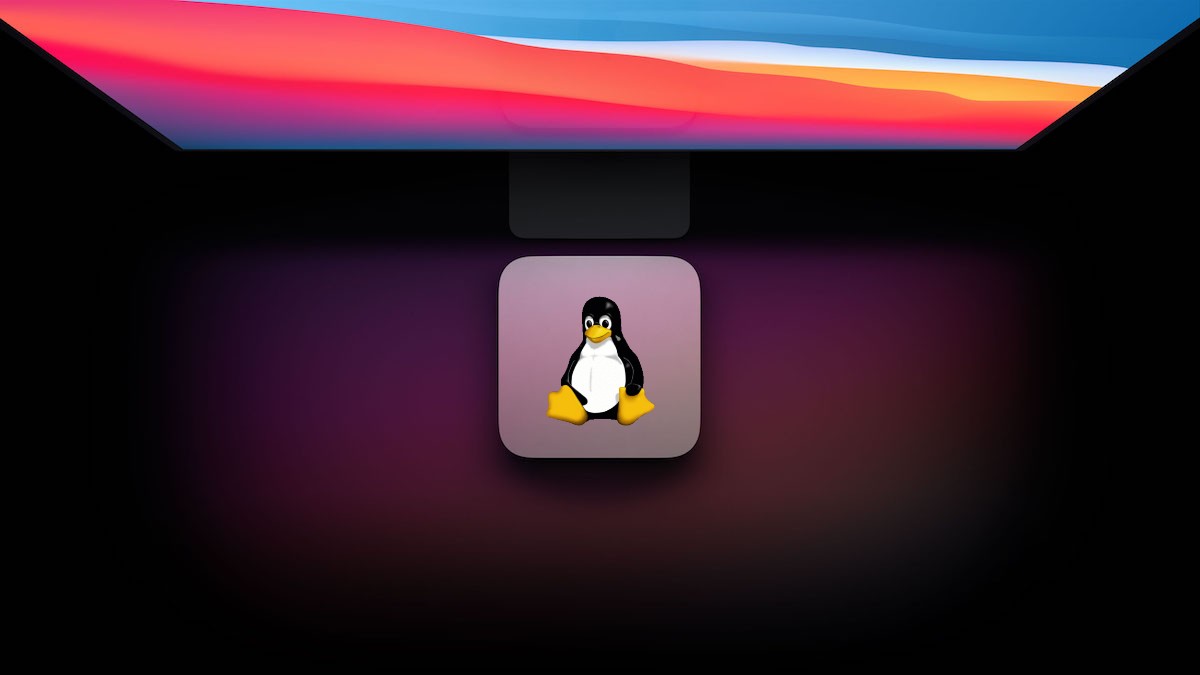A working version of Ubuntu Linux is now available for M1 Mac mini. The operating system port has been released by Corellium, the same company that recently won a copyright lawsuit against Apple.
The Linux for M1 code will be released by Corellium under a permissive open-source license, and the company has shared that it is looking to upstream it into Linux.

Ubuntu Linux now works natively on M1 Mac mini
The announcement was made on Twitter by Chris Wade, CTO at Corellium.
Linux is now completely usable on the Mac mini M1. Booting from USB a full Ubuntu desktop (rpi). Network works via a USB c dongle. Update includes support for USB, I2C, DART. We will push changes to our GitHub and a tutorial later today.
https://twitter.com/cmwdotme/status/1351838924621099008?s=20
Even though Chris Wade tweeted that it is completely usable, note that the Linux for M1 Mac does not support hardware acceleration for graphics and relies on software rendering. Networking also relies on a USB-C dongle, and not Wi-Fi which could be an inconvenience for many.
Although Linus, the creator of Linux, was doubtful about the operating system coming to M1 Macs, we have seen some very quick progress on this front. Linux is fully bootable on M1 Macs, before anyone could get Windows to be natively bootable.
Developer Hector Martin, who had recently launched a Patreon, has also been working on his Linux port called Asahi Linux. The Twitter account for Asahi Linux called out Corellium’s effort and extended support to review the upstreamed patches.
https://twitter.com/AsahiLinux/status/1350547056679477250?s=20
Corellium has also been supportive of the Asahi Linux project and expects it to come to life soon.
We fully support the Asahi project and hope our work helps it come to life even faster. We encourage everyone interested in M1 Linux to sign up to Asahi's Patreon, or donate to the EFF on our behalf. https://t.co/EVQow7Ih6f
— Corellium (@CorelliumHQ) January 20, 2021
You can also follow Hector Martin’s progress on YouTube thanks to his live streams. We expect his Linux port to fully support hardware acceleration and Wi-Fi once it is complete.
We will update this post with further details on the tutorial once it is available later today. However, we do not recommend that you try to install it on your M1 Mac mini unless you are technically savvy.